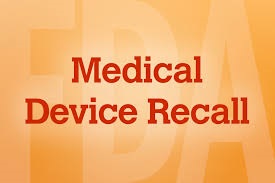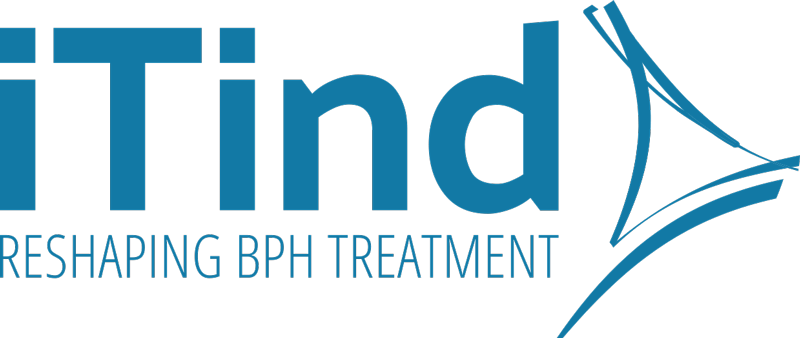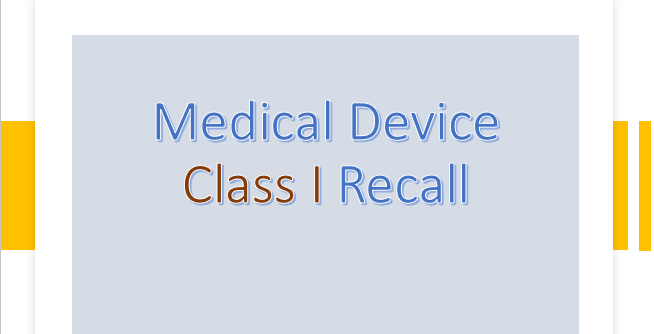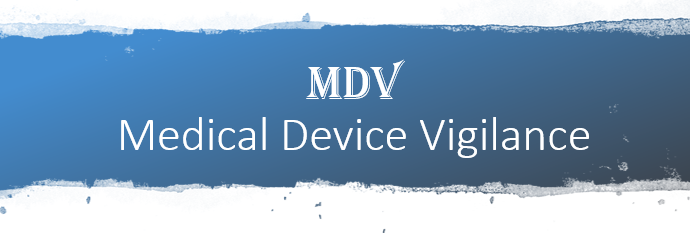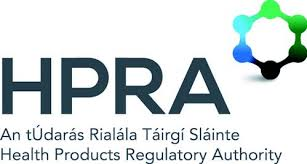Zydus Cadila’s new Generic Drug Approval: Empagliflozin
Empagliflozin is a medication used for treatment of type-2 diabetes together with diet and exercise. This medicine is also used to reduce the risk of cardiovascular death in adult patients with Type 2 diabetes mellitus and established cardiovascular disease. On 10-Apr-2020, Zydus cedilla announced that it has received temporary approval from the USFDA for marketing…

